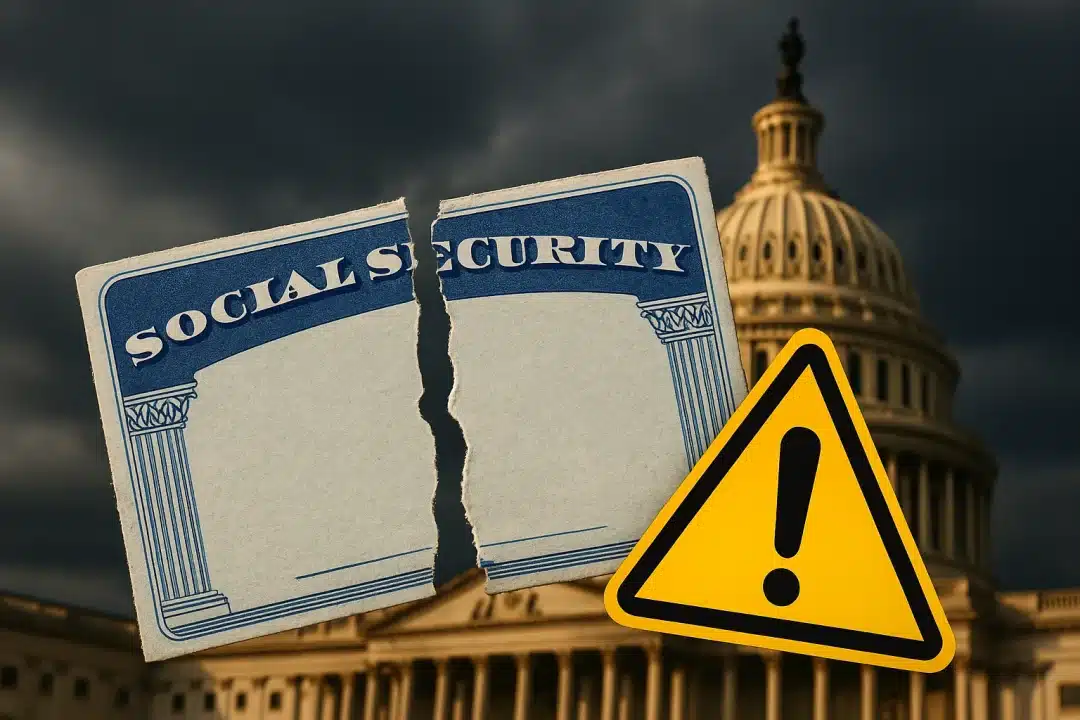Thanks to privilege and entitlement, those born near or at the finish line often fail to understand how challenging getting there can be. They’ll never know the feeling of standing on the edge of oblivion, forced to make their own way, relying only on their effort, intellect, experience, and force of will.
They’ll never know what it’s like to live without a safety net or a fallback position. They’ll never feel the raw independence of knowing that you alone will determine your future.
As a result, they often don’t work nearly as hard as others, rarely engage in meaningful personal development, fail to develop tenacity and grit, lack empathy for those less fortunate, and rarely reach their full potential.
There is a great deal of research demonstrating this truth, but that research was never needed.
They should’ve invested that money elsewhere.
Anyone who knows anyone who grew up with wealth and privilege — a seemingly endless and everlasting safety net, and parents who carved a clear path ahead for them, rescued them from their own laziness and stupidity, handed them a job, and maybe even launched them into the world with most of their material needs — likely knows someone who is insufferable, arrogant, small-minded, bigoted, lacking confidence and grit, and perhaps worst of all, boring.
These are the people who lack empathy for others. Discount struggle. Believe that playing fields are level. Somehow think that hard work alone will allow anyone to rise to the top.
This is not always the case, of course.
Many people born in privilege are decent, kind, empathetic human beings with perspective and understanding. These are people born on third base with all the advantages that come with wealth and privilege but routinely acknowledge their good fortune, use it to help others, and honor the struggle of those less fortunate.
On some days, however, these more enlightened people seem few and far between. Perhaps it’s because the aeful ones are so much louder. But the reason is simple:
Entitlement often stunts personal and professional development. Clear paths often lead to people who can never clear paths for themselves.
Soft landings result in soft people.
Struggle yields strength. Obstacles produce grit. Challenges result in an interesting life.
The problem as a parent:
How much do you allow your child to struggle? How much help is too much help?
I was homeless for a period of my life. Hungry many times in my life. I was arrested, jailed, and tried for a crime I did not commit. I was the victim of a horrific, violent crime. I put myself through college by managing McDonald’s restaurants full-time while earning degrees at two different colleges simultaneously.
That struggle has helped me immensely. It has given me tenacity and grit that have served me well. I feel fortunate to have faced so many challenges in my past, but I also recognize how easily I could have fallen into darkness.
Had I struggled with addiction, my life might be very different.
Had people not helped me at key moments, things might have turned out very differently.
Had I not been a straight, white, neurotypical American man with no physical disabilities or mental illness — the most genetically and geographically fortunate human being to ever walk the planet — my life would have assuredly been different. Thanks to little more than the luck of genetics and geography, I have managed to avoid racism, sexism, and bigotry of every kind. I was never impacted by discrimination based on any disability or neurodiversity.
I would never wish my struggle upon my children — or anyone else — yet some struggle is essential.
The question is, “How much?”
Charlie once played an entire baseball season without winning a single game. I’m happy it happened. He learned a great deal that season — perhaps more than any baseball season he has ever played.
I wish I could clear a path for my children, offer them every opportunity to succeed, and come to their rescue at every misfortune.
I suspect I will from time to time. I’ll probably do it quite a bit. I already have.
But not always. And hopefully not too often.
Too often, entitlement and privilege breed misanthropes, malcontents, and monsters.
I see it all the time.
My children need not be hungry and homeless to develop grit, empathy, and a strong work ethic. They need not be victimized by violent crime to develop an appreciation for the preciousness of life. They need not be jailed for a crime they did not commit to understand their own genetic and geographic good fortune.
That is all too much.
I will instead hope for struggle without suffering.
Disappointment without despair.
Failure backed by relentless love.
That is what I hope for my children, even though part of me would prefer pristine and perfect lives for them.






